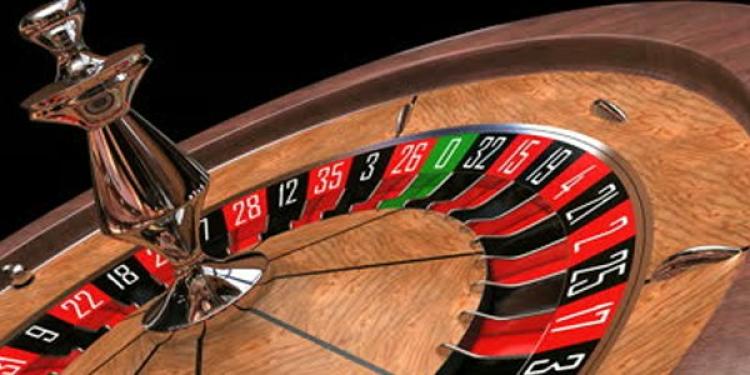Are Casinos Really a Solution to America’s Financial Problems?
Posted: September 1, 2014
Updated: June 4, 2017

The city of Baltimore is in desperate need of new revenue sources, but will the Horseshoe Casino be the answer?
Last week, when the new Horseshoe Casino opened for business, Mayor Stephanie Rawlings-Blake sait the venue “brings the promise of a better Baltimore”. While authorities are putting their hopes into the new gambling house, skeptics believe it takes much more to solve Baltimore’s financial problems.
Officials expect huge profits that convert into tax revenues, but the media has its doubts. And it’s not because of the casino itself, which opened with all the glitz and glamour one would expect, but because – let’s be frank – the city cannot compete with popular gambling destinations such as Macau, Monaco or even the all-time American favorite, Las Vegas.
Local pensioners’ casino
Baltimore may now have shiny new slot machines, blackjack tables, and a fancy American poker rooms, but it will never attract the world’s biggest spenders. The Horseshoe Casino will be “fueled mostly by the pension checks and minimum-wage earnings of the city’s struggling folks,” and editorial published in the Washington Post and Miami Herald said.
According to the article, Baltimore will be preying on the optimism and desperation of vulnerable people, instead of serving as a proper gambling destination. The casino will most likely attract pensioners or low earners, who won’t have to fly to Vegas or take the bus to Dover Downs anymore in order to spend their savings.
Reminding readers that studies point to the fact that proximity to casino venues means brings a rise in problem gambling, the article claims this type of business plan does nothing but “make millionaires out of payday loan sharks”. While admitting that casinos can provide jobs, the author of the article warns that they can also ruin careers and lives.
In Baltimore, where a quarter of the 622,000 residents live below the poverty line, gambling can turn into a problem very quickly, the author says.
Disaster in Detroit
One of the first cities that gave urban gambling a try was Detroit. But the plan backfired big time when the city went bankrupt. In fact, the city’s three casinos were at the heart of Detroit’s bankruptcy plan.
Under American gambling laws, the state of Michigan organized a referendum to ask voters if casinos should be built in the state. This was back in 1996. The majority of residents approved gambling in Detroit, hoping that the new industry would help revitalize the local economy.
Following the legalization of casinos in the state, three glitzy resorts opened in the following years, generating as much as $180 million in tax revenues every year.
“Every day that we don’t have access to casino revenue, we cannot make the necessary investment in this city to provide for the health, safety and welfare of the citizens,” Emergency Manager Kevyn Orr said in a deposition last year.
Casino competition
Soon after Maryland’s first urban casino opened for business, the state lottery commission started to report a decline in sales. The first profit drop in 15 years was registered sometime last year, after the Maryland Live started to operate on what used to be a shopping mall parking lot. In July, the casino made almost $53 million in profit.
While it’s stunning just to think that people living nearby can afford to spend that much, things are about to get even more interesting now that gamblers living in Baltimore can just take the city bus to the nearest casino. The article also notes that the 51 line will soon be changing its route, passing through some of the most disadvantaged neighborhoods in the city on its way to the Horseshoe Casino.
The Baltimore venue will surely win some of Maryland Live’s clients, but the competition will get even tougher in a couple of years, when MGM Grand also opens its own gaming emporium located at National Harbor in southern Maryland.
Apart from the new casino in downtown Baltimore, there are four gambling venues in Maryland. The state legalized slots in 2008 and added table games four years later. Those who support gambling have managed to convince both authorities and state residents that it’s better if players spend their money locally, instead of having to go all the way to the neighboring states of Delaware and West Virginia.
What will the future bring?
After all that talk about casinos in Maryland keeping profits within state lines, these companies have slowly started to devour other one’s business. There are a number of states in the US that have casinos, but Maryland is becoming home to one of the most saturated gambling markets.
Experts have long warned authorities that too many casinos are being built in the US, while the demand for these venues is not high enough to sustain them. At the moment, states are competing with one another for a limited amount of money, and this was one of the reasons why Atlantic City is having such a tough time.
It looks like while authorities are still debating whether to legalize internet gambling in the US, they are failing to see that there’s not much future in land-based casinos anymore.












